|
Each year, the Pushcart Prize invites literary magazines and small presses to nominate their best short fiction to be considered for both a prestigious prize and a "best of" anthology. We published two short fiction anthologies this year, and chose six stories between them to nominate.
Scroll down to find out our 2019 Pushcart Prize nominees — for stories published in 2018 — plus a brief excerpt from each story. Congratulations to these authors, and good luck! "The Spider and the Stars" by D.K. Mok
From Glass and Gardens: Solarpunk Summers
Anthology edited by Sarena Ulibarri
DK Mok is a fantasy and science fiction author whose novels include Squid’s Grief and Hunt for Valamon. DK has been shortlisted for four Aurealis Awards, two Ditmars and a WSFA Small Press Award. DK graduated from UNSW with a degree in Psychology, pursuing her interests in both social justice and scientist humour. DK lives in Sydney, Australia, and her favourite fossil deposit is the Burgess Shale. Connect on Twitter @dk_mok or www.dkmok.com.
"Fyrewall" by Stefani Cox
From Glass and Gardens: Solarpunk Summers
Anthology edited by Sarena Ulibarri
Stefani Cox is a Los Angeles-based speculative fiction writer and lapsed urban planner. She’s an alumna of the VONA/Voices of Our Nations Arts writing workshops and an associate editor for PodCastle fantasy fiction podcast. Stefani also works as a communications consultant, and spends her free time practicing yoga, hiking, and being an insatiable bookworm. She holds a master’s in City and Regional Planning from UC Berkeley. Find her on Twitter @stefanicox or her website stefanicox.com.
"The Heavenly Dreams of Mechanical Trees" by Wendy Nikel
From Glass and Gardens: Solarpunk Summers
Anthology edited by Sarena Ulibarri
Wendy Nikel is a speculative fiction author with a degree in elementary education, a fondness for road trips, and a terrible habit of forgetting where she's left her cup of tea. Her short fiction has been published by Fantastic Stories of the Imagination, Daily Science Fiction, Nature: Futures, and elsewhere. Her time travel novella, The Continuum, was published by World Weaver Press in January 2018, with a sequel forthcoming. For more info, visit wendynikel.com.
"New Siberia" by Blake Jessop
From Glass and Gardens: Solarpunk Summers
Anthology edited by Sarena Ulibarri
Blake Jessop is a Canadian writer, lecturer, and poet. You can read more of his science fiction in the 2018 Young Explorer's Adventure Guide from Dreaming Robot Press, or follow him on Twitter @everydayjisei.
"Breaking News!" by Romeu Martins
From Solarpunk: Ecological and Fantastical Stories in Sustainable Worlds
Anthology edited by Gerson Lodi-Ribeiro, Translated from the Portuguese by Fabio Fernandes
Romeu Martins is a journalist, specializing in scientific dissemination, and an author of fantastic literature. He began writing fiction in 2008 for his own blog, Terroristas da Conspiração (Terrorists of the Conspiracy), where he also published a few dozen other writers. Today, he has work in books by three national publishers, and an excerpt from his short story has been selected and translated into English for the Steampunk Bible by Americans Jeff VanderMeer and S. J. Chambers. With Editora Draco, he debuted as a short storyteller in Sherlock Holmes—Aventuras Secretas (2012).
"Xibalba Dreams of the West" by André S. Silva
From Solarpunk: Ecological and Fantastical Stories in Sustainable Worlds
Anthology edited by Gerson Lodi-Ribeiro, Translated from the Portuguese by Fabio Fernandes
André S. Silva is a carioca (native of Rio de Janeiro), a civil servant, and a student of Letters at UFRJ. He started writing fanfictions inspired by the X-Files series in the late 1990s. He collaborated with OTP Filmes in the screenwriting of short films and had short stories in the 2011 Literary Challenge and the Henry Evaristo Prize for Fantastic Literature 2012, both on the website A Irmandade (The Brotherhood). For Editora Draco, he participated in two anthologies, Dragões (2012) and Excalibur (2013). Find him on Twitter @andressilva
The anthologies
Previous Pushcart Anthologies
0 Comments
For today's Small Press Week post, we asked some of our authors to recommend some of their favorite reads from the past year. Check out their recommendations below! K Bird Lincoln, Author of Dream Eater and Black Pearl Dreaming
Wendy Nikel, Author of The Continuum and The Grandmother Paradox
Jennifer Lee Rossman, Author of Jack Jetstark's Intergalactic Freakshow
Kristina Wojtaszek, Author of Opal and Char
World Weaver Press is participating in Small Press Week, an initiative helmed by Upper Rubber Boot Books to promote small press publishing. Every day there is a new topic that concentrates on a different facet of publishing! The topic for today says: "Every Tuesday is #newreleasetuesday, but this Tuesday is for featuring all of your current 2018 releases, no matter when their release date." We published eight new books in 2018, and you can see the whole list below! Beside each book, you'll find an excerpt. Maybe you'll even find a new favorite or a good holiday gift. THE CONTINUUM BY WENDY NIKEL (Place in Time 1)
into the moonless night (moonfall mayhem 3) |
| “What’s the Moonless Night?” asked Dmitri. Beside him, Moony had worked up to a rude place in his washing, tail slapping the ground hard enough to raise dust. “Supposedly, it’s when Magden Le Fou’s prophecy will be fulfilled,” Jolt replied. “It’s a lunar eclipse occurring three nights after the vernal equinox.” The prophecy, thought Ascot. The frabjacketing prophecy. Something about a golden star and—well, Catch hadn’t elected to tell her much else, save that the shifters of the Clawcrawgs thought he was the golden star. Which was ridiculous. Had any of them ever looked at scruffy, roguish Catch? Heard him lie with a straight face, or seen him guzzle more coffee than anyone’s kidneys could stand? Frabjacket, how she missed him. Dipping his head, Dmitri scratched the ground. Abruptly, his nostrils flared. “That’s only nine days from now.” Ascot’s throat turned into a stretch of dust. “Nine days?” It came out as a dry squeak. She worked some saliva into her mouth and swallowed. “What will become of Catch if nothing happens on the Moonless Night?” She didn’t want to hear it: the confirmation of her worst fears. Had to hear it, just so she’d know. Jolt lifted a brow, seeming surprised that she’d even ask. “If he’s not the golden star, then he’s just another slipskin. There’s only one penalty for slipping your skin in the Clawcrags.” Jolt gave his earlobe a final tug. “Execution.” Ascot fell away inside herself. The world, shadowed and dark, floated at a distance, as if she stared at it through the cavern of her own skull. Every sound droned and echoed. Only the bloc, bloc of yet another cicada came to her, crisp as the ticking of some mocking clock. She almost didn’t hear Jolt speak again. “Want us to help rescue him?” |
GLASS AND GARDENS: SOLARPUNK SUMMERS
| From New Siberia by Blake Jessop I fall backward off the solar collector, and for an instant my splayed fingers brush the dawn. The drop is long enough to try naming constellations I don’t recognize in the alien sky. I hit the sand on my back. The impact is surprisingly soft; I survive it. Air rushes out of my lungs like I’ve stolen it and my new world wants it back. I am unwelcome, and the desert swallows me to drive the point home. I yell her name. I can’t pronounce it as well as she pronounces mine. Amphisbaina. Try it. She slithers down from the array with the speed I once managed in the snow of Arkhangelsk. I go blind, drowning in silica, but I can feel her move. The desert is a muted membrane, like the surface of cloudy water, and when she bellies down and reaches for me with both hands I have already broken the surface tension and disappeared. Amphisbaina pulls me backward from the quicksand with a long hiss of effort. The sheath she wears scrunches up as she writhes across the face of the dune. I scrabble inelegantly as she pulls. I can feel the subtle power of her tail; her entire torso adheres to the surface of the desert, reading it, and she waves herself the way I might have, once, if I were treading water. My shoulders tumble into her chest and we flop onto firmer ground. “Nadezhda,” she says, her breathing a hiss, and I hear her layer you clumsy creatureinto the three Cyrillic syllables. Nagan speech is panharmonic. They use tone to shade meaning, not adjectives. Amphisbaina chastises me with my own name. I struggle to my feet, shaking sand from my gear. Individual grains are forming chemical bonds with my sweat, leeching water out of me. I travelled between the stars to settle here, to save my species. We found a new earth, a chance to start the great voyage over, only to discover our new home already occupied. Learning to communicate, our hosts selected Naga to describe themselves. They call us what we call ourselves, Human, because they’re far better at learning our languages than we are pronouncing theirs. Amphisbaina does a little shimmy and the sand drops from her easily. She straightens her sheath. Her scales are just a few shades darker than the dunes. I would say she stands my height, but I do not know the right verb. She rears, I suppose, at my eye level; leans back against her long tail and crosses sinuous arms. There is a little sympathy in her posture. Faint pity. “Watch,” Amphisbaina says, and searches for a word, “your step.” |
THE GRANDMOTHER PARADOX BY WENDY NIKEL (Place in Time 2)
| I haven't seen the old man in a hundred years, but when the doorbell chimes and the screen lights up, there he is. He can't be much older than the last time we met — a few years, at the most — but seeing him here, instead of in that darkened bunker that blinked and hummed with that crazy machine of his, was a bit akin to seeing a circus elephant wandering around the airtrain station. When I open the door, he's studying my 22nd century apartment building with its seamless façade and rotating solar panels that look nothing like the ones of his day. "Agent Chandler!" he greets me. "Been a long time since someone called me that." He offers a handshake and I take it unthinkingly, quickly falling into old habits in this strange out-of-time moment. "Of course," he says. "So good to see you again. Do you mind if I step inside? We have some important matters to discuss, and your front stoop perhaps isn't the best place to do so." "Sure." What choice do I have? He's sure to draw curious looks with those horn-rimmed spectacles, flat cap, tweed jacket, and corduroy pants. You'd think Dr. Wells, of all people, would be more careful about what he wears while time-traveling. Then again, his business is in the vast reaches of the past, not the shiny, synthetic future where I currently live. No, I think, not the future. How long before I stop thinking of it like that? "Make yourself at home." I gesture vaguely toward my living room, seeing it now as Dr. Wells would: the memory foam futon made of 100% recycled, hypoallergenic materials, the empty biodegradable food containers from the past week's worth of Punch-In meals, a scattering of personal visual devices (which to him probably look like regular silver sunglasses) lying in various states of disrepair. I swipe up some of Dodge's half-completed study cubes off the coffee table to clear a space for my guest. "Can I get you something to drink?" Dr. Wells shakes his head, settling himself onto the futon and looking so out of place I can't help but grin. I'd probably laugh out loud were it not for the feeling like quicksand settling in my stomach. The last time I'd seen him, he'd slipped me a warning that my employer was plotting to kill me. The fact that he's here, paying a visit to me now, means something is very wrong. |
SOLARPUNK: ECOLOGICAL AND FANTASTICAL STORIES IN A SUSTAINABLE WORLD
| From “Escape” by Gabriel Cantareira São Paulo. Thursday, February 20th, 2031 — 4 PM Have you ever truly believed in something? So much that you had to risk everything, including your own life? The immensity of white concrete and glass skyscrapers invaded the blue skyline, as if it wanted to reach the clouds. In the summer, at four o’clock in the afternoon, the solar panels that covered the buildings and followed the movement of the sun throughout the day lined up so that what light could escape from the matrices of photoelectric cells was reflected in the direction of the Cairo building. From there the impression was that the new Avenida Paulista had turned into a celestial pathway, surrounded by towers of light. Mariana had always liked that view, but she had no time to enjoy it that day. She turned quickly and called the elevator impatiently. Some time later, the doors opened and she entered. She had to wait while other people walked in slowly, talking. She cursed softly when someone yelled for them to hold the door, and surprisingly the request was answered. Curious how the calm and patience of other people can sound like a personal insult when you don’t have time to lose. Nervous, she pressed her left hand, closed around the small memory card, to her chest. Getting it out of the building shouldn’t be so difficult, but making sure it arrived at its destination would be another story entirely. It didn’t help that she felt as if all the occupants of the elevator were watching her, that she would be caught at any moment. A few years ago, this task would have been easy. All she had to do was put the information on her PDA or mobile phone and the internet would do the rest, ensuring that anyone she wanted, anywhere in the world, would receive all the information contained in the card in a matter of minutes. Taking certain cautionary measures, it would be almost impossible to detect that specific data in the universe of information that was sent through the network every day. However, the internet was no longer what it used to be. Free flow of information is too dangerous a thing for governments and corporations. Taking into account that virtually all non-sensitive information was transmitted via the internet and that it was possible to be connected at any time and from any place, the mere fact of carrying a memory card seemed suspicious. The card also had a security measure that ensured that the data was erased at the original source after a possible transfer to maintain the uniqueness of the information. That is, she also could not create copies of the content to increase her chances. Not without the proper equipment. The elevator stopped at three more floors before reaching the ground floor. Finally, Mariana reached the main hall of the building, where busy people walked everywhere. She tried to blend in with the crowd and walk toward the exit. It would be difficult not to be recognized there, but the young woman hoped that when they realized that they should be behind her, she would be far away. As expected, some people greeted her, to which she just smiled and nodded nervously. Apparently, everything was still under control. Home Sweet Home. When she left the building, Mariana was greeted by the usual massive movement of the renovated center of São Paulo. The landscape from the top five minutes ago now loomed around her in detail: on the ground level of the imposing buildings covered with panels decorating the avenue, you could see the logos of the various corporations and companies that made their address: Solutions Solaris Technology, Advent Corporation, HSA Industries. Among the people on the sidewalks, dozens of armed guards with tactical equipment patrolled their beats. Luminous glass plates and OLED screens displayed advertisements of the city, large companies and their products. In one, a young black-haired girl appeared smiling while an HSA logo (which seemed to be the reason for so much glee) decorated the image. Mariana tried to ignore her surroundings and hurried to the Trianon-MASP subway integration station. Beautiful, clean and elegant, the new center of São Paulo comprised a large region, including old areas such as Bela Vista, Jardim Paulista, and Liberdade. Planned to be safe and almost self-sufficient in terms of energy, the place was described as the throbbing heart that injected new life into a city that saw its glory vanish a few years earlier. The third decade of the 2000s saw the world entering a new great war. The tensions generated by the nations’ desire to control fossil fuel reserves so they could ensure their future development led to ever-widening conflicts that eventually reached global scale. However, the war was less spectacular than predicted by the great philosophers and Hollywood writers: within two years most conflicts had ceased and almost no weapons of mass destruction had been used. Globalization can be a problem for militarism, since a nation’s civilian population will find it difficult to accept killing enemies who watch the same TV programs as they do. Well, war indeed changes things. |
Detox in letters by cheryl low (Crowns & Ash 2)
| The prince turned his eye back to the table. No teacups. No pastries. No flower petals or fruit. Only jars of water, golden dishes of raw meat, and more cigarettes. “Are you a prisoner?” “Oh yes,” Dor Ardinian replied with certainty and just a hint of delight. “What was your crime?” Vaun asked. Something in the way this man watched him set him on edge—it reminded of the hungry eyes in the teahouse in Belholn. Wherever that silver gaze moved, Vaun could feel a sharp blade scraping over his skin. “I suppose it was my nature,” Dor Ardinian answered, bringing the cigarette back to his mouth. Vaun watched the embers at the end flare with a violence he never before noticed in a cigarette. “She called me here, through the veil.” “Who?” Vaun asked while wondering what in the Realm ‘the veil’ was. He’d heard that somewhere, hadn’t he? In one of those fairy tales at The Library? His teeth gleamed in the light with sharp points at the corners of his lips. “My kind have always had a weakness for royal blood. One might call it snobbery, if it did not come so naturally.” He took another long drag, held it tight in his chest, and then exhaled a cloud of smoke. “She bled her family. Her parents, siblings, aunts and uncles. So much royal blood that even from outside your realm, I could smell it.” The prince narrowed his eyes. “I think I would have noticed if I had family missing.” Why would his mother keep a madman in such a beautiful prison? “Do you have much family now?” Dor Ardinian’s smile mocked him. Vaun felt like he had more family than he could handle—even if he could count his blood relations on one hand. Fay had told him a story of a time when there had been many Dray Fens. The whole Realm whispered about it—about the queens before the Queen they knew. Fay had told him a fairy tale about their end and about the dragon that put their mother on the throne. But that couldn’t be true. “It was before your time, boy. She bled them in her tower and called to my kind. I must have been the closest, for when the wind struck me, I knew no more thought but that of having her. I could only smell that blood and hear their struggling hearts as they sobbed on her floor. I came through the veil that divides our worlds. I do not remember it well, other than the blood and their bodies breaking under my hunger.” He laughed and brought the cigarette to his lips again. “I woke here, and here I have been ever since.” It was not the same story from this man’s mouth. The Queen was not a lone survivor by fortune and strength. She had not saved the Realm from the great beast. But it was so much more believable this way, wasn’t it? “Why don’t you break out?” Vaun whispered, gut twisting that this creature might walk free. Dor Ardinian shrugged. “Are you content to stay?” Again, the stranger laughed. “I am in no rush, boy. I will live longer than the creature in your tower, longer than you and this city. I will live longer than the stones that contain me.” “What are you?” the prince asked again, his voice lonely in this room beneath the ground just as it had been in the Queen’s high above it. He wanted to doubt him. He wanted this stranger to be nothing more than a madman. But why else would the Queen cage him in such luxury, unless he was special? “You know what I am.” Dor Ardinian grinned. |
BLACK PEARL DREAMING BY K BIRD LINCOLN (Portland Hafu 2)
| “Where does the Council hang?” said Kwaskwi. “Tokyo Tower. No, wait, the Imperial Palace?” Ken shook his head, affronted. “The Emperor lives at the Imperial Palace. The Council sits at Yasukuni Jinja.” Kwaskwi snorted. “Subtle.” “What does he mean?” I asked Ken. “Yasukuni Shrine was established by Emperor Meiji for the souls of the war dead.” “Yeah, including Class-A war criminals,” said Kwaskwi. An obvious aura of discomfort crept over Ken. Kwaskwi ignored him. “And the Prime Minister goes there to commemorate the dead each year. Causes all kinds of problems with Korea and China.” “Those who support Japan’s modern incarnation as a country with no standing army think the yearly visit in poor taste,” Ken said. The overly formal inflections felt like a defense mechanism. Kwaskwi was challenging him. Kwaskwi scoffed. “Yeah, Manchukuo and Nanking survivors totally have their panties in a twist.” “All war dead are honored there,” said Dad in a raspy voice, “not just criminals.” Kwaskwi sat up a bit, the lazy mirth abandoned as he zeroed in on Dad. None of us were used to Dad contributing much to the conversation, but this was his country. His history. “Dad,” I said. “You’re lucid, right? You know we’re on our way to Yasukuni Shrine to see the Council?” “Yes,” he said quietly in Japanese. “But you cannot rely on me. The pressure in my skull…it will be too much soon.” The limo slowed to a crawl. We’d left the rice paddies and entered the outskirts of the Tokyo mega-city. Billboard after billboard covered in Roman letters, Kanji, Hiragana and vivid images all jumbled together. Concrete buildings squished side by side with structures of more outrageous architecture—was that a church or a love hotel?—as if eager to swallow up the streams of pedestrians and bicycles headed every which way. Ken cleared his throat. “I will present you to the Council.” “The hell you will,” said Kwaskwi. “I can present myself.” The two men glared. “Certain formalities must be observed. This is the Council. You can’t just barge in there and let loose a flock of blue jays.” “My jay saved your ass at Narita.” “The Council already sees you as a loose cannon. Arrogant. Brash. Not quite civilized. If you want—” “I am arrogant and brash,” said Kwaskwi, settling back again. Tension ratcheted down a notch. “It’s part of my charm, right, Koi?” Darn him for dragging me into this. This false sense of camaraderie was meant to maneuver me into a position of foreigner versus the Japanese. “They will dismiss you if they think you don’t respect the power and traditions of the Kind,” Ken insisted. “They already dismiss us. Walking in all meek, led like a horse on a rope by the Bringer won’t change that.” |
JACK JETSTARK'S INTERGALACTIC FREAKSHOW
BY JENNIFER LEE ROSMAN
| The crowd grew restless in the renovated cargo bay of my carnival ship, muttering amongst themselves and drifting toward the exit. But they wouldn’t leave; they never left, not before the show started. The draw was too strong, their thirst for the bizarre and grotesque too unquenchable. They would stand in that dim alcove of the Rubeno Mardo’s cargo bay for hours if I let them, just for the briefest glimpse of the exotic performers promised by the advertisements posted throughout town. Across the tapestry of the universe and all its vast and varied cultures, there ran a single, unifying thread: no one could resist the allure of the words “not for the faint of heart” written in a scandalous, jagged font and followed by four exclamation points. Good marketing knew no bounds. From my post in the shadows, I looked out over the audience with satisfaction. Used to be I couldn’t see the floor between the people, the way they crowded in. Now it seemed I saw more of it every show, but I couldn’t complain about the turnout on this night, nor about the revenue they brought in. There was something to be said for docking on the less affluent moons and planets. Sure, the rich people floating around on their space stations and on the hoity toity worlds that governed their solar systems had coin enough to melt down into disposable flatware, but they spent it on electronic gadgets that numbed their brains, not on the kind of quality entertainment we offered. On the farming and mining colonies, where the only forms of entertainment were swatting mosquitoes and throwing rocks at neighbors, the arrival of a carnival ship made for a major event. They saved up all year for a night’s diversion from their hard lives. And I was all too glad to provide it for them. “We made a killing tonight,” my pilot Lily whispered in my ear, her bright smile evident in her voice. “Might even be able to afford the fuel to get us to the next gig.” “We’ll be fine,” I said, not really listening as a person in the crowd drew my attention. “I think we found another one.” “Who?” I pointed to the girl, dressed in her best flannel shirt and black slacks, with most of the hay brushed out of her coppery hair. She was a teenager, but the electric fascination in her eyes as she waited for the show to begin wasn’t the excitement of a mere child. Something about our world spoke to her. Maybe the opportunity to travel the galaxies, maybe the camaraderie of a carnival family, or maybe just the chance for something more than the lot life had given her. Whatever the case, she’d be part of the crew before we departed the next day. I was sure of it. “She could just be excited for the show,” Lily argued, crossing her arms. “It doesn’t mean she’s one of us.” I nudged her with my elbow, grinning. “Why do you doubt me?” “Because you refuse to.” She pointed a long, manicured nail at the crowd. “They’re waiting,” she said, disappearing into the darkness as she went back to her mark. “Can’t rush the music,” I said, yet even as the words left my mouth, the old receiver crackled to life beside me, singing the first notes of my intro. Adrenaline surged to my heart at the sound of the slowly rising tones of the eerie, wordless song, and I hurried to my post on the catwalk. Her voice sounded more like a warbling violin than it did a singing woman, which only added to the ethereal ambiance. A murmur went through the crowd as I emerged from the shadows high above the stage. I felt alive, fire burning through my veins. “Ladies and gentlemen and nonbinary gentlefolk,” I boomed, the music growing high and tense, “consider this your last warning. You are about to bear witness to creatures and abominations from the farthest reaches of the known universe, horrors the human eye was never meant to see. I cannot be held responsible for the effects these sights have on your psyche. Some people never recover from the shock, so I encourage those with sensitive dispositions or weak hearts to leave now.” No one left; no one ever left. |
Want to know more about what kind of stories we've put together for you? Read an excerpt from "A Tale Soon Told" by Lissa Sloan, and one from "Boy Meets Witch" by Rebecca A. Coates below!
She can be the enemy of your nightmares or the spirit guide to your dreams. Her hair is wild and gray. Her teeth are made of iron, and she travels using a giant mortar and pestle and lives in a shack on chicken feet surrounded by a fence of skulls and bones. She is Baba Yaga, a crone who ruthlessly uses the needy and greedy for her own devices. And in this anthology of new stories starring Baba Yaga, she lands in some spectacular scenarios.
A Jewish resistance fighter in World War II Poland must gain the help of Baba Yaga to vanquish three supernatural men and avenge the loss of her comrades. A young mother leaves her family to serve the witch in penance for committing a terrible wrong. One story delves into Baba Yaga’s tragic origins, while another re-examines the classic tale of Vasilisa, following the young girl who comes to Baba Yaga for fire on her own journey from maiden to mother to crone. One tale transports the witch from the forests of Russia to the swamplands of the American South, expertly weaving together Slavic and African-American folklore, and another brings her right into the modern day, as a young boy goes looking for a witch to put a spell on a school bully and gets more than he bargained for.
Excerpts
The tale is soon told.
I have walked this path before. It winds through the wood, skirting gullies and rocky outcroppings, growing wide and narrow as it chooses. My feet know the way. They didn’t to begin with, though. Not that first time, when they were bare and soft and felt the prick of every pine needle and pebble underneath them. Every part of me was soft then.
“Keep going,” I breathed into the dark. All around me were the sounds of the wood at night. The hoot of an owl, the scratching of a mouse in the brush. The scream of a hare, a fox’s teeth around its throat. The breeze rustled through the trees, and I pulled my shawl tighter around my shoulders. The spring days were getting warm, but the nights were cold still.
“Which way?” I whispered, as loud as I dared.
The voice came from the little doll clutched in my hand. Between those trees, my love.
“I cannot see the path,” I whispered. “It is too dark.”
To your right, dearest, she said. I held her up so her bright gaze fell on the trees she meant, lighting them just a little.
“It is too dark,” I said again. “How could Anya see to make her lace in the dark?” I asked the doll. “Her pins make no light. She could see no better than me.” She didn’t answer. I kept walking.
I stumbled on a tree root, falling to my hands and knees. “And how could Olga see to knit?” I went on as I stood up, rubbing one stinging palm on my skirt. “Her needles make no light either. She could see no better than me.” Then I added under my breath, “And I could see nothing.”
My love, the doll said gently, never mind your sisters now. You have your task, and you must do it. Do not worry tonight. The morning is wiser than the evening. I knew she was right, so I said no more.
I went on through the forest. I walked a long time or a short time, the doll in my hand telling me to climb a rise or ford a stream or go straight ahead. And all the while I listened to the nighttime sounds of the wood: the howls and rustles, the creaks and shuffles.
At last I heard a new sound. It was the jingle of a horse’s bridle, the muffled tread of hooves on the soft earth. I dropped the doll into my pocket and ducked behind a tree, my eyes fixed on the dark path before me. When the horse came through the trees, I saw her clearly. She almost glowed in the blackness, her mane streaming out behind her in the breeze. She was white. White like snow. White like the moon. White like new milk. And so was her rider. He was dressed all in white from his boots to his helmet.
The pair slowed on the path, and for a moment I forgot about my stepmother sending me to fetch fire from the baba yaga. I forgot my fear of the dark. I found myself stealing out from behind the tree, my hands searching my pockets until my fingers closed on what I wanted. It was one of the carrots I had stuffed into my pocket as I left the house. I wanted to give this beautiful creature something. I wanted to be near her warmth, to stand in her glow, if only for a moment. I took another step onto the path, holding out my offering.
The rider watched me. Perhaps he could see in the dark. Or perhaps his brightness illuminated everything around him. He stopped his horse and beckoned me closer, leaning down with his arms crossed on his horse’s pommel. When the horse had accepted the carrot and moved on to nuzzling one of my braids, I heard a low chuckle. I looked up at the rider. His smile was warm, lifting his white mustaches at the edges and crinkling the corners of his eyes. He reached down and tapped my nose with one white-gloved finger. Then he winked, touched his mount with his heels, and the white horse and rider galloped away. The sky began to lighten. Dawn was coming at last.
The doll had told me that morning is wiser than evening; it was what she always said. I didn’t feel any wiser, though. I began to see the wood around me as I walked. But I still needed the doll to tell me which way to go when the path forked or seemed to disappear entirely. I kept walking, a long time or a short time, listening to the birds waking and calling to each other in the growing light.
From "Boy Meets Witch" by Rebecca A. Coates
In the deepest, darkest part of the forest, where the trees grow as tall as the sky, there was a small clearing, and in that clearing was a single-wide General Coach “Chateau” trailer on cinder blocks. Its white sides were dull with dust, its window curtains were faded, and its awning dipped at one corner where the supporting post tilted like a drunk.
Alex pushed up his glasses with a knuckle and tongued his braces nervously. Maybe the kids at school had been having him on. Maybe they’d known he was eavesdropping and this was all a big set-up.
He’d left his bike at the base of the trail where it branched off the old logging road. Dry needles crackled under his sneakers as he picked his way across the clearing. The sun was bright overhead, but the trees were so close together that only a slender shaft of light, still hazy with smoke from the summer forest fires, broke through. A double line of round white stones, half-hidden under dead twigs and snarls of browning ferns, led up the front path. Beneath the trailer’s front door, three aluminum steps dangled over the dirt. They echoed tinnily under his feet. Heart thumping in his throat, he raised a hand and knocked.
No answer.
“Hey! Anybody home?” He knocked again, harder this time--bang! bang! bang!
The trailer trembled with approaching footsteps. The door flew open, and an old woman glared at him through the screen. She had a bird’s nest of dirty white hair and a wobbly jaw like a hound dog. Spotted pouches sagged under her watery eyes. Her whole face looked like it could slide off its bones as easily as an egg out of a frying pan. “Vat da hell do you vant?” she said in an accent like a B-movie Dracula.
“I—” His voice cracked embarrassingly. “I heard that, uh, that a witch lives here.”
She raised one hairy white eyebrow. “So?”
“I need your help.” He shoved his fists into his jeans pockets and shifted his weight from foot to foot. “I need you to, um, take care of someone for me. You know, like take care of?”
The old woman narrowed her eyes. “Go home, little boy,” she said, and slammed the door shut.
He flinched. Rude old bitch! He was 14! He wasn’t a child. He banged on the door with his fist, shaking the frame. “Hey! Hey, lady! C’mon, please?”
The door opened just enough for her to squint through it, looking him up and down. He was taller than her but only just, still waiting for that growth spurt he really hoped was around the corner. She sucked on her teeth, which were white and weirdly even. Probably dentures, he figured; it would explain why her s’s sounded so mushy. She licked her creased lips. “You are fat enough, I think.”
His face went hot and he had to bite his tongue, hard, to keep back something rude.
“Well,” she said, “maybe I will help you. And if not, you will make nice meal.”
“Yeah,” he said doubtfully, “I’m not much of a cook.”
She wheezed out a laugh like he’d just said something funny. Witch or not, he decided, this old bag was seriously wacko.
She stepped away from the screen door and shuffled into the trailer. Her red velour track suit was stretched and shiny across her lumpy bottom, which seemed to have sucked all the flesh out of her arms and legs. “Don’t stand in doorway,” she said without turning around. “Come in.”
World Weaver Press
Publishing fantasy, paranormal, and science fiction.
Archives
February 2024
January 2024
October 2023
November 2022
October 2022
September 2022
June 2022
May 2022
April 2022
February 2022
January 2022
December 2021
November 2021
August 2021
July 2021
April 2021
March 2021
February 2021
December 2020
November 2020
October 2020
September 2020
August 2020
July 2020
June 2020
May 2020
February 2020
January 2020
December 2019
November 2019
October 2019
September 2019
August 2019
July 2019
June 2019
May 2019
April 2019
March 2019
February 2019
January 2019
December 2018
November 2018
October 2018
September 2018
August 2018
July 2018
June 2018
May 2018
April 2018
March 2018
February 2018
January 2018
December 2017
November 2017
October 2017
September 2017
August 2017
July 2017
June 2017
May 2017
April 2017
March 2017
February 2017
January 2017
December 2016
November 2016
October 2016
September 2016
August 2016
July 2016
June 2016
May 2016
April 2016
March 2016
February 2016
January 2016
December 2015
November 2015
October 2015
September 2015
August 2015
July 2015
June 2015
May 2015
April 2015
March 2015
February 2015
January 2015
December 2014
November 2014
October 2014
September 2014
August 2014
July 2014
June 2014
May 2014
March 2014
December 2013
November 2013
September 2013
August 2013
March 2013
January 2013
October 2012
July 2012
May 2012
March 2012
February 2012

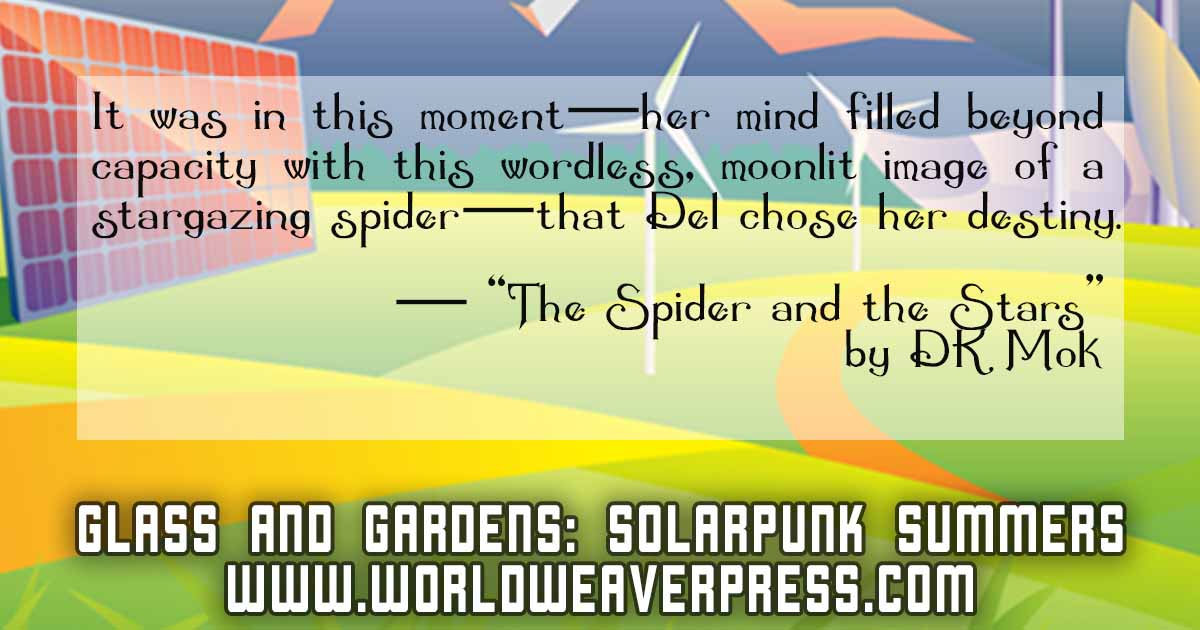
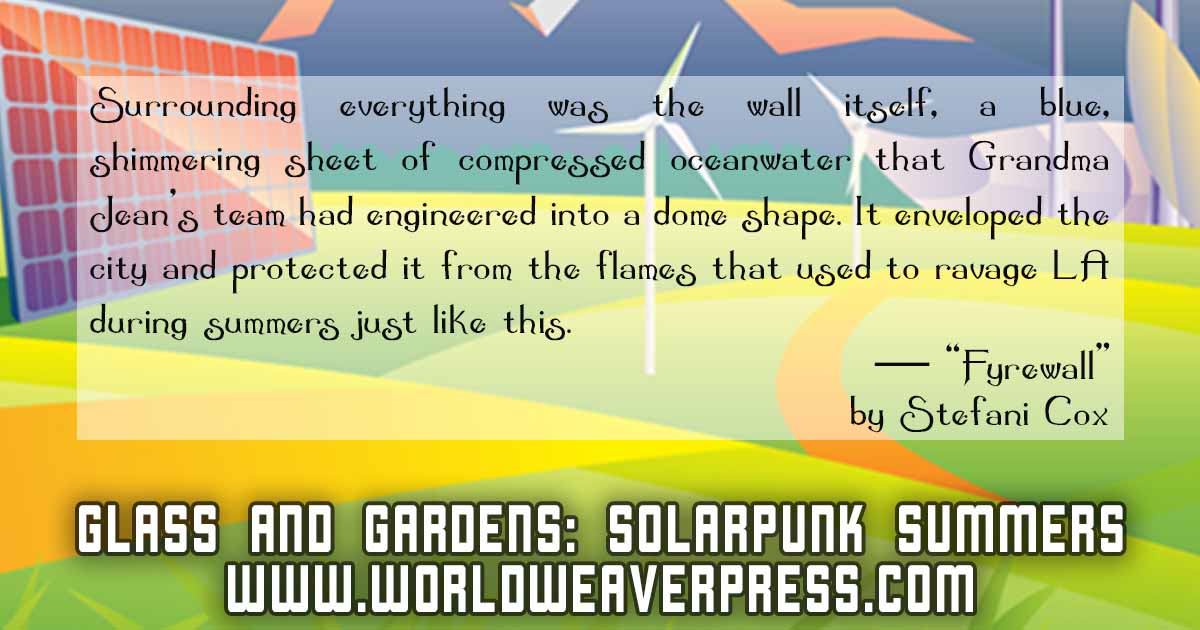
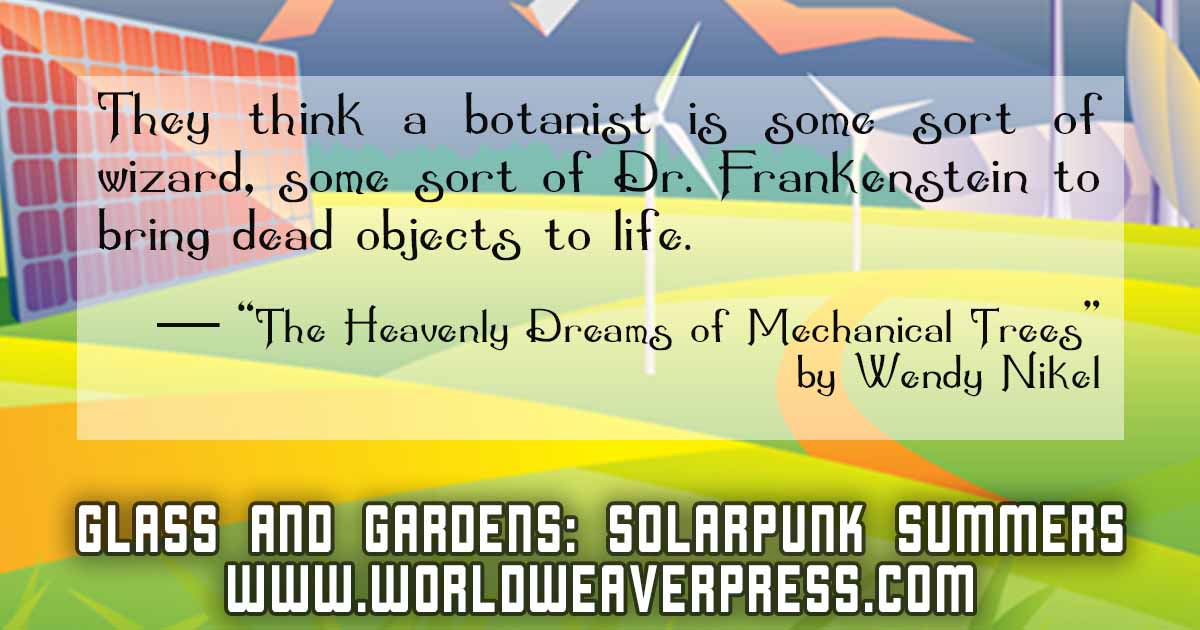
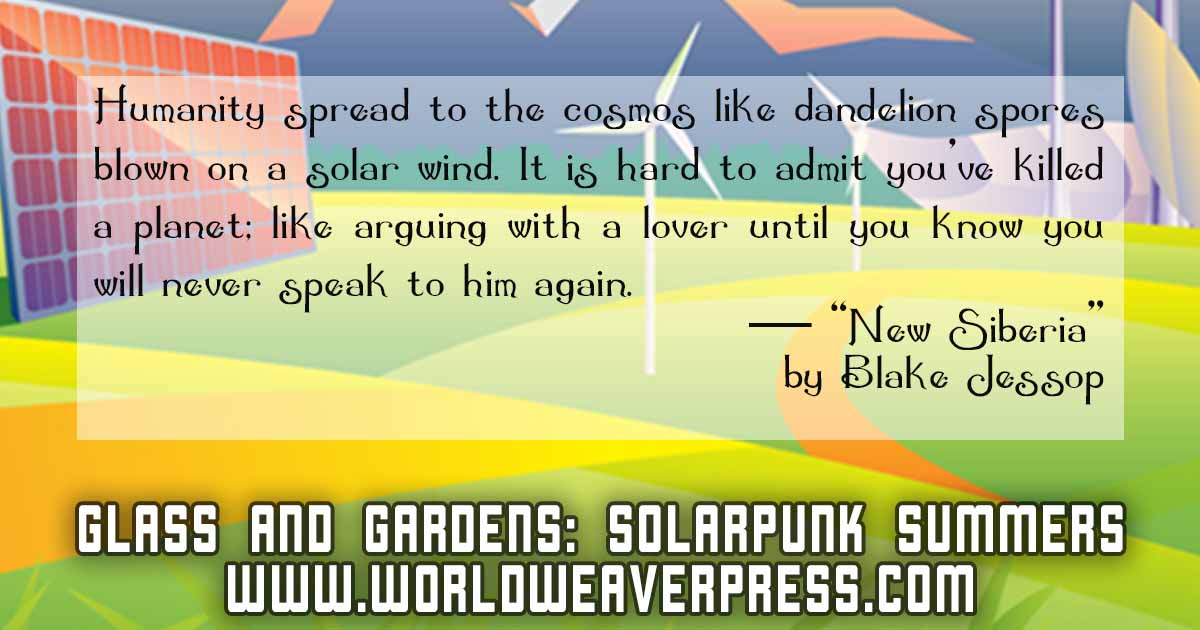


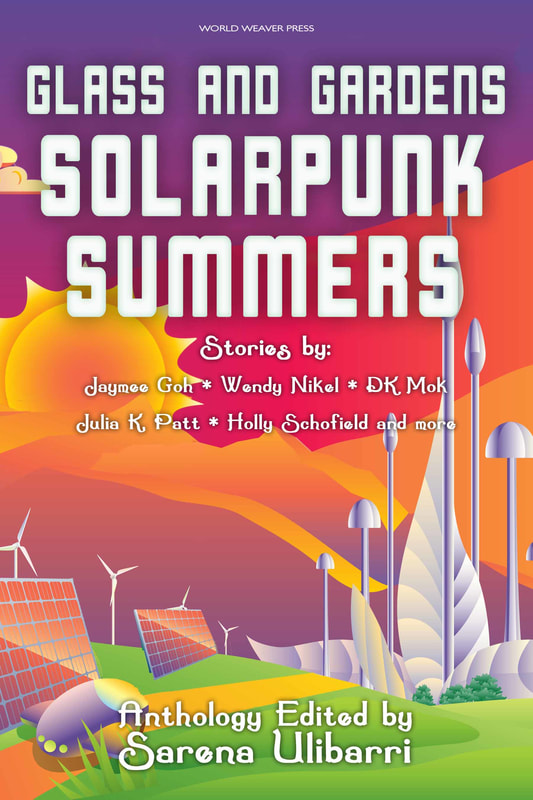

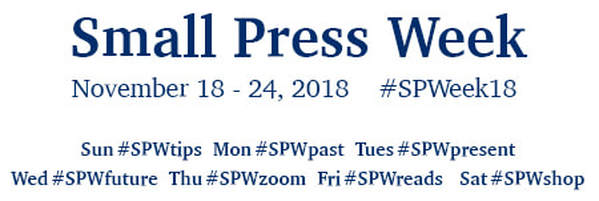
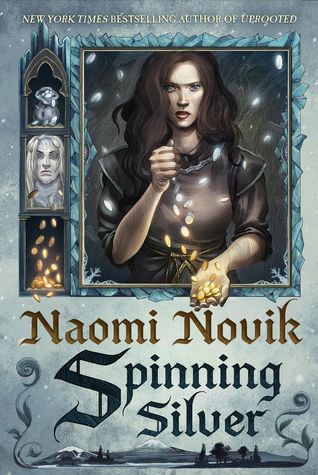


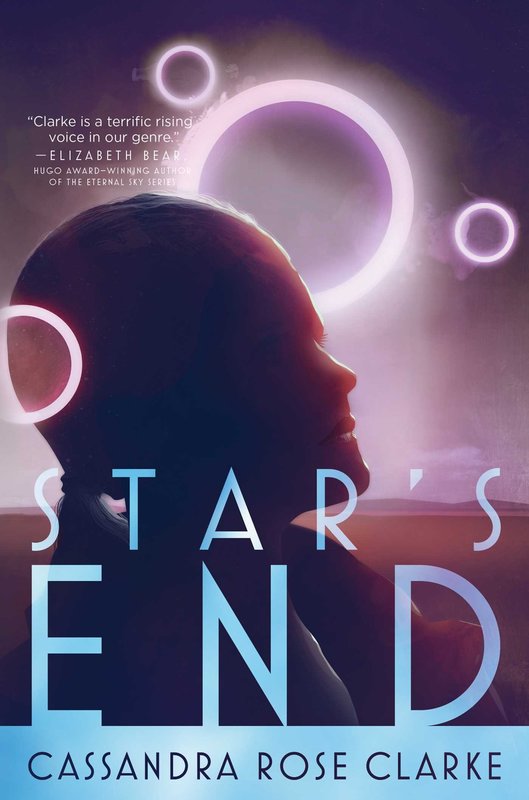
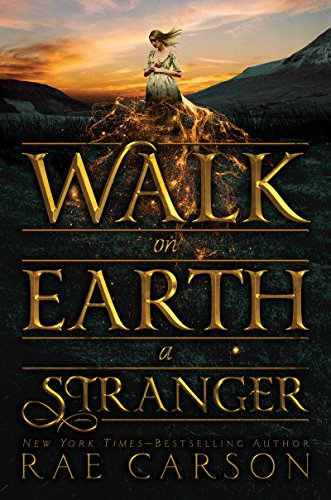
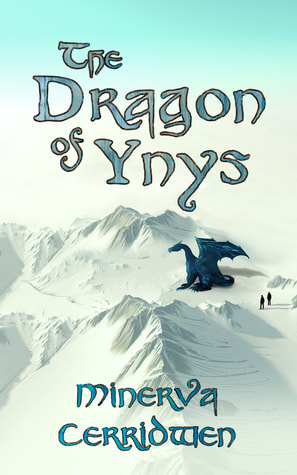
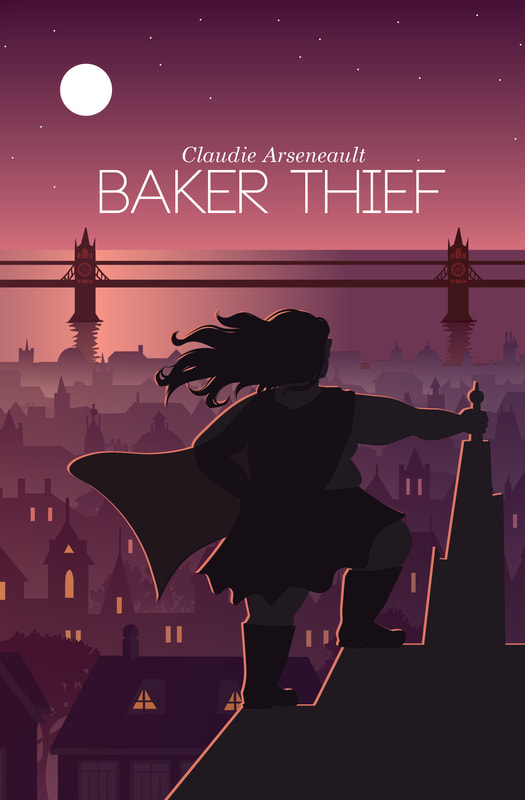
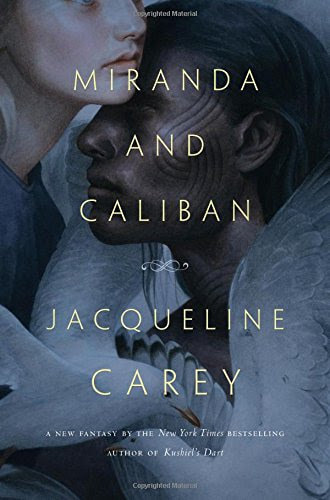
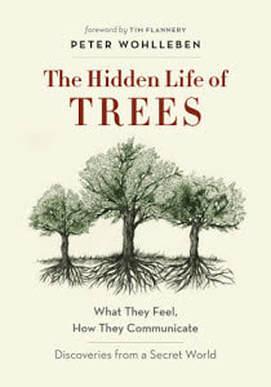
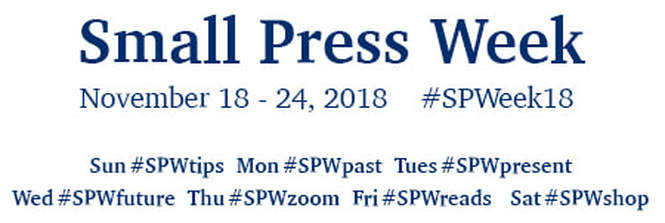
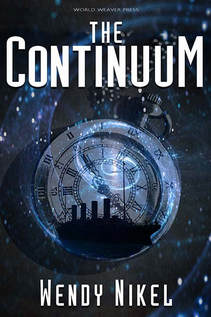
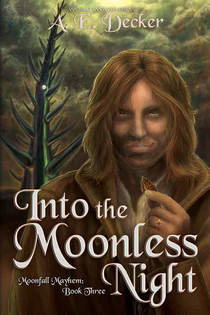
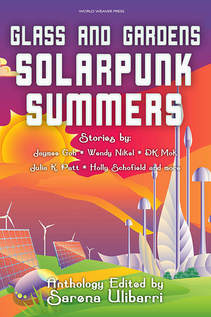
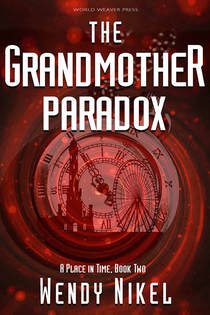


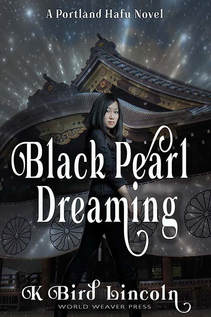
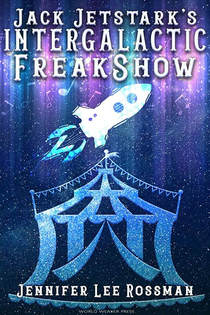

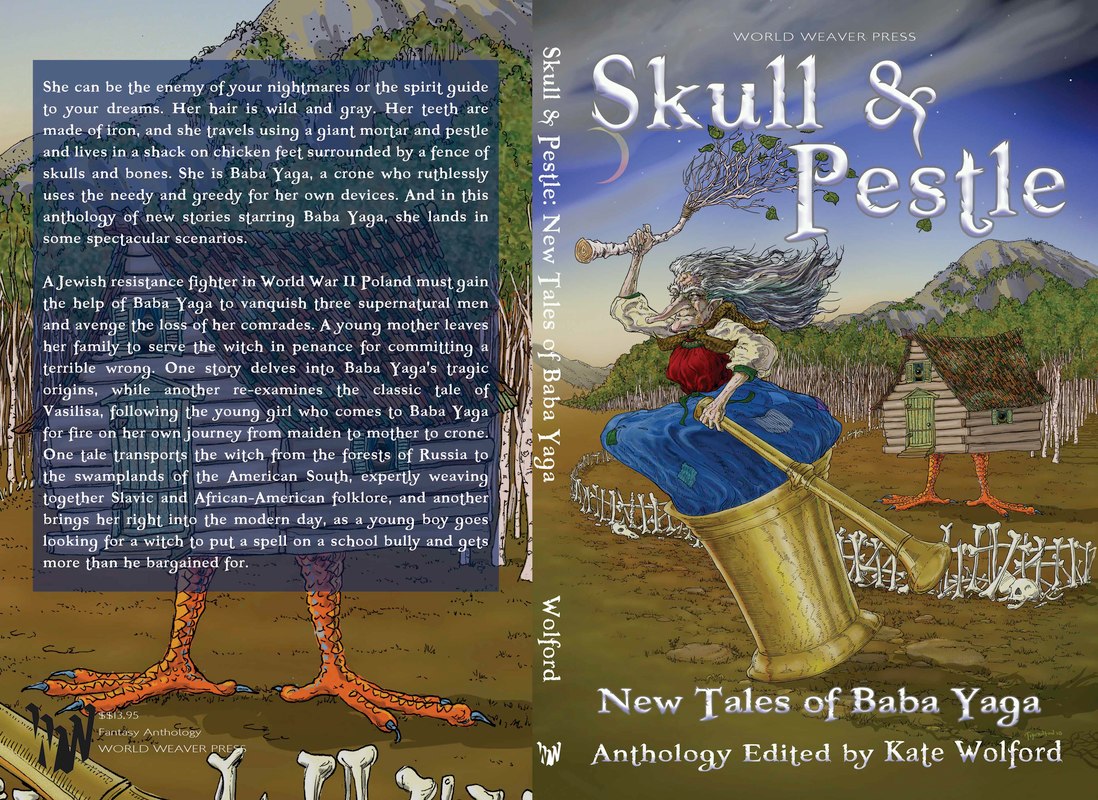
 RSS Feed
RSS Feed